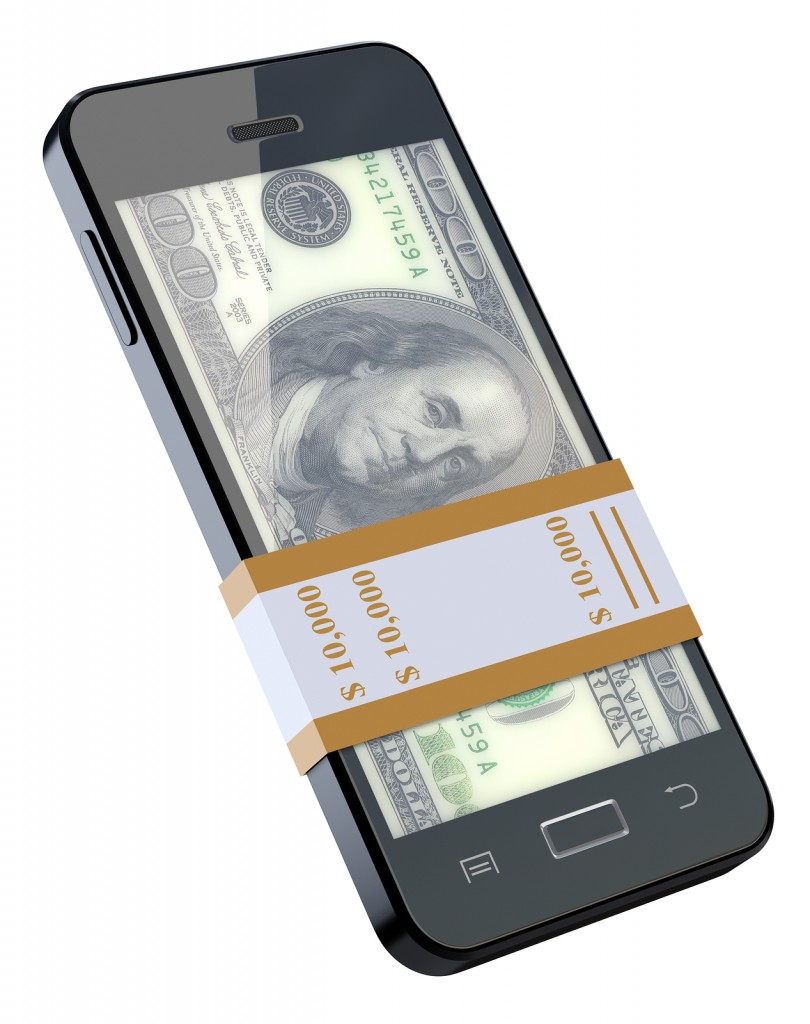Denny |
September 2, 2013
Study highlights mobile commerce prospects in the US
Leading analytics and market research firm comScore has released a new study concerning mobile commerce sales in the U.S. The study suggests that mobile commerce is making strong progress in the U.S. over sales recorded in 2012. Consumers seem to be showing a great deal of interest in mobile payments because of the convenience that they represent. This interest is being stoked by retailers that are adopting mobile commerce systems. More of these systems have also been showing up throughout the country, providing consumers with a variety of options when it comes to mobile shopping.
$10 billion in sales surpassed during first half of 2012
According to the study, mobile commerce sales in the U.S. could reach $25 billion by the end of this year. Sales have already surpassed $10 billion during the first half of the year and the momentum mobile commerce has generated has yet to show signs of dissipating in the near future. comScore notes that mobile commerce sales reached approximately $20 billion by the end of 2012.
 Smartphones account for majority of sales
Smartphones account for majority of sales
The study shows that smartphones still account for the lion’s share of mobile payments. More money was spent by tablet users on a per user basis, however. Many consumers have expressed their favor for tablets in for mobile shopping over smartphones. This may be due to the fact that tablets feature larger screens that make it easier to navigate the shopping experience.
NFC dependence limits mobile commerce adoption
The U.S. is quickly establishing itself as a major mobile commerce market. Unfortunately, most mobile commerce services are still based on NFC technology, meaning that only NFC-enabled devices can make use of these services. NFC-enabled devices are still relatively rare in the U.S., limiting the number of people that can participate in mobile commerce. Moreover, no single mobile commerce service has yet managed to establish a major following among U.S. consumers.
Mobile commerce expands through new partnership
Pulse, a debit and ATM network operator in the U.S., has announced its partnership with Paydiant, a mobile commerce organization. Through this partnership, pulse plans to make the Paydiant mobile wallet available to its customers. Through Pulse, Paydiant will have access to financial service firms and merchants and will be able to provide these parties with comprehensive mobile commerce services and a way to accept mobile payments from consumers.
Paydiant services to be available to financial service firms and merchants
The Paydiant mobile wallet has managed to establish a relatively strong following. The application is available to both iOS and Android platforms and is currently being used by many merchants interested in mobile commerce. These merchants use the company’s technology alongside existing point-of-sale systems, providing them with a way to accept mobile transactions coming from consumers. Paydiant has been able to compete with larger organizations in the mobile commerce sector by provide relatively easy-to-use and comprehensive services.
 Mobile wallet can be configured to suit the needs of businesses
Mobile wallet can be configured to suit the needs of businesses
Businesses and financial service firms that make use of Paydiant’s services will be able to configure the mobile wallet to function according to their own business plans. For many financial service firms, this means that the wallet will only facilitate mobile transactions of $15 or less. Once the Paydiant mobile wallet is integrated into a business’ structure, mobile payments can be accepted from any smartphone or tablet that makes use of the consumer version of the mobile wallet application.
Mobile commerce continues to gain momentum among consumers and businesses alike
Mobile commerce is becoming more important for both consumers and businesses around the world. Consumers favor mobile payments because they represent a more convenient form of commerce. Businesses are beginning to embrace mobile commerce due to the acceptance it has received from consumers as well as its economic prospects. There is a wide variety of mobile wallets available to consumers today, but none have yet to establish a dominating presence within the mobile commerce sector.
 Smartphones account for majority of sales
Smartphones account for majority of sales
 Mobile wallet can be configured to suit the needs of businesses
Mobile wallet can be configured to suit the needs of businesses